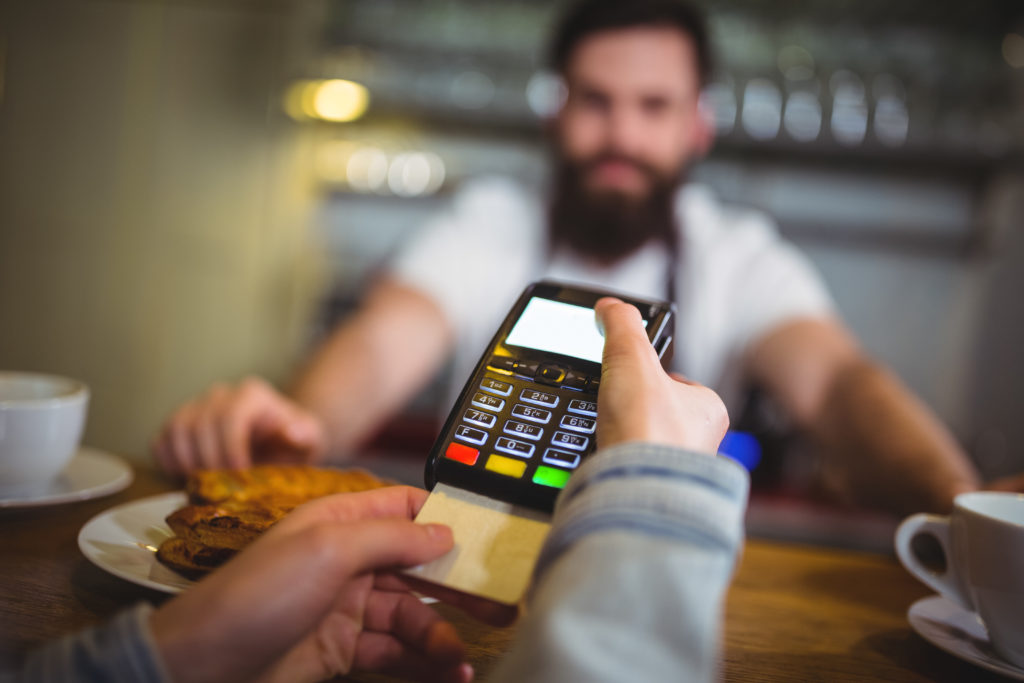
Cutting down on your daily expenses will save you a lot of money in the long term, but it’s not as easy as it sounds. The regular trip to the shop in the morning may be incorporated into your budget, but do you really need it? Similarly with the morning coffee and the lunchtime meal. So, how much will you actually save and how can you begin?
Work out your daily expenses
Before you do anything, you need to figure out all of your daily expenses. Write a list of every single thing you purchase within a day. This does not need to include essential bills or debts. Once you have highlighted all of your expenses then write down how much they cost you per day. This way you are able to see exactly how much it is costing you every week month and even year if you do the maths. After you have worked out and written it down, you can then move onto the next step.
Are they really worth it?
After you have identified all of the costs involved, you can then sort through your list and get a better understanding of what you are actually spending. This way you can actually visually see how much money you may be wasting a year. But is it really worth it? For most things, there are plenty of alternatives which you can take which will cost you half the price if that. Who wants to be spending unnecessary money?
One of the most common daily expenses people in the UK have is purchasing a coffee before work. Chained coffeehouses always have high prices due to their high demand, but that is nothing which you cannot make at home before you leave the house. Buying yourself a hot drink flask is a great way to keep your drink warm by the time you arrive at work. And it is definitely not going to cost you as much as the coffee shops would charge. This doesn’t mean you cannot occasionally treat yourself, it just means you’re slashing the price. Just think of how much you could save!
This doesn’t only go for coffee, you can apply this to things like a gym membership or a subscription of some kind. We advise that you go through your spending individually and categorise your spending truthfully. For extra help with budgeting methods, you could have a look at our blogs or visit the Money Advice Service.
How much will I actually save?
Once you are able to understand the amount of money which you spend on the non-essentials, you will then be able to work out how much you will be able to save. It all depends on how much you personally spend on, so there are no rough figures.
Cutting down on unnecessary spending will allow you to put money away for emergencies. The last thing you want is to overspend on other things and not have enough money to pay for bills or debts in the future. Although, if this unfortunately happens, your last resort could be to get a short term loan. This way you can borrow the money and repay it over a fixed period of time.

